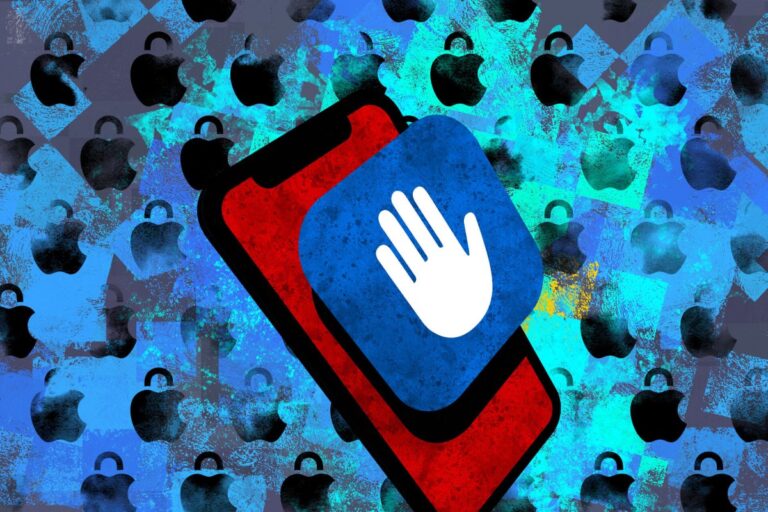Unlocking Secrets: Understanding Encryption Backdoors and Their Implications
Discussions surrounding backdoors in encrypted services have resurfaced as reports reveal that the U.K. government is pressuring Apple to compromise its iCloud end-to-end encryption (E2EE) backup system. Officials are reportedly urging Apple to create a backdoor that would enable state actors to access data without user consent.
The U.K. Government’s Encryption Demands
The U.K. has wielded extensive authority over technology companies concerning encryption since the enactment of the Investigatory Powers Act (IPA) in 2016. According to a report by The Washington Post, the U.K. government is seeking “blanket” access to information protected by Apple’s iCloud Advanced Data Protection (ADP) service, which is designed to ensure user data remains inaccessible to third parties, including Apple itself.
Understanding Apple’s Advanced Data Protection
Apple’s ADP architecture employs end-to-end encryption (E2EE), meaning that not even Apple has access to the encryption keys. This allows Apple to guarantee “zero knowledge” regarding its users’ data, ensuring privacy and security.
What is a Backdoor?
A backdoor refers to a hidden vulnerability intentionally embedded in software code to bypass security measures. In the context of iCloud, this would allow U.K. intelligence or law enforcement agencies to access encrypted user data.
- Global Implications: Security experts warn that weakening encryption for U.K. users could have worldwide consequences.
- Exploitation Risks: Vulnerabilities can be exploited by malicious actors, leading to identity theft and data breaches.
The Risks of Backdoor Access
Once a backdoor is established, the potential for unauthorized access increases significantly. For example, if there is a physical entry point into a building, it becomes possible for unauthorized individuals to gain access, whether through a copied key or forced entry. The same principle holds true for software vulnerabilities.
The NOBUS Concept and Its Critique
The idea of a NOBUS (nobody but us) backdoor suggests that only authorized agents can exploit a specific vulnerability. However, this concept is fundamentally flawed as technology and capabilities evolve. Security experts argue that any form of third-party access introduces new risks, making backdoors antithetical to robust security measures.
Continued Pressures for Backdoors
Despite the security concerns, governments persist in advocating for backdoors. The term itself implies secrecy, as seen in Apple’s situation where the U.K. government seeks a technical capability notice (TCN) that cannot be publicly disclosed. For more information on this topic, you can visit the Electronic Frontier Foundation, which has documented the historical context of backdoors.
A Historical Perspective on Backdoors
Data access demands have a long-standing history. In the 1990s, the U.S. National Security Agency (NSA) attempted to integrate backdoors into encrypted hardware, notably through the Clipper Chip, which faced backlash and ultimately failed to gain traction. This incident fueled advancements in strong encryption methods to protect user data from governmental overreach.
Modern Backdoor Risks and International Concerns
Recent instances, such as the compromise of U.S. wiretap systems linked to foreign hackers, highlight the risks associated with mandated backdoor access. Countries have increasingly scrutinized foreign technology, particularly from China, due to concerns about embedded vulnerabilities. This scrutiny has led to decisions, especially in the U.K., to limit or remove Chinese technology from critical infrastructure.
In conclusion, the ongoing debate around backdoors in encryption continues to raise significant security concerns. As governments push for increased access, the implications for user privacy and data security remain profound and warrant careful consideration.







